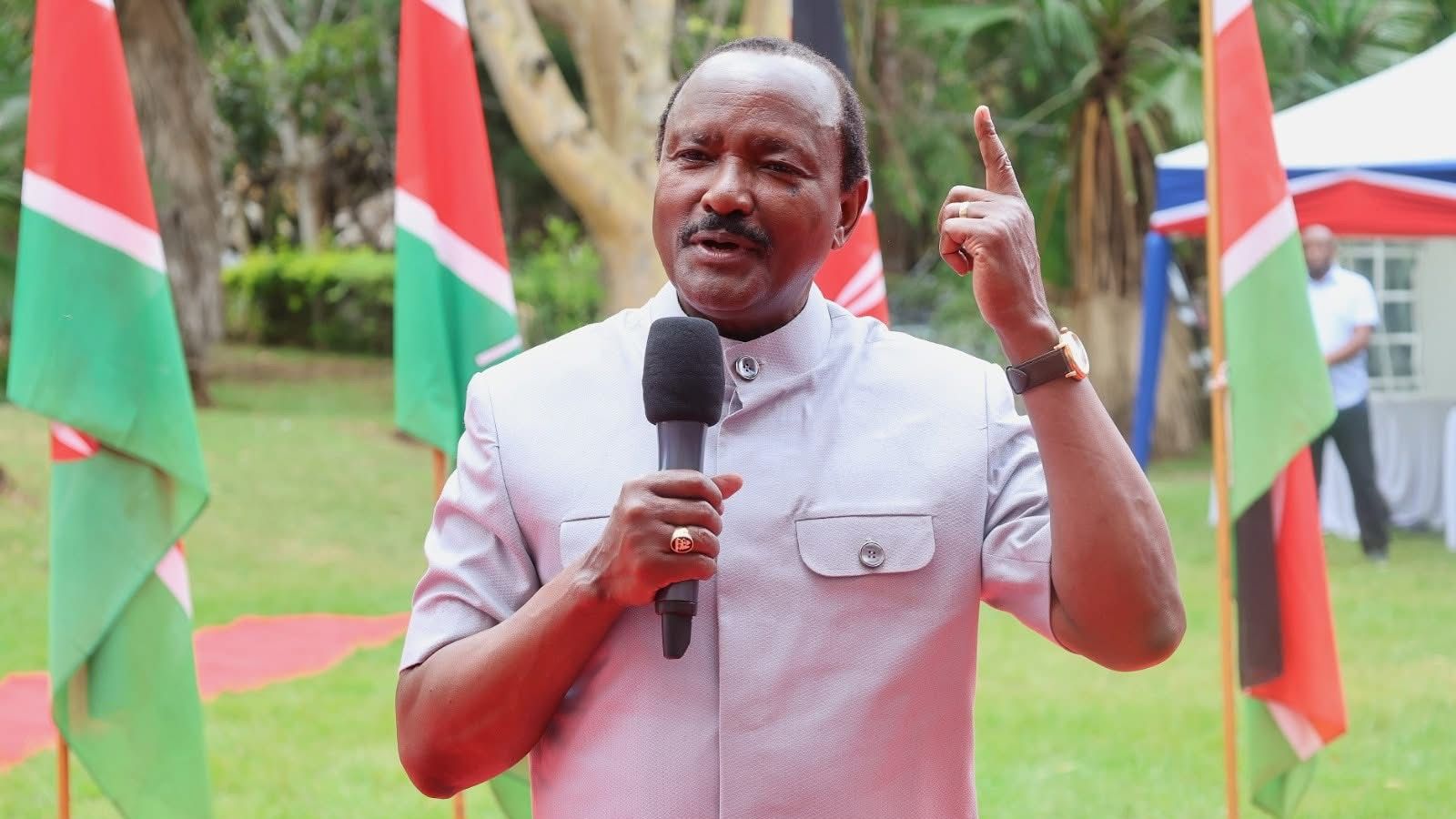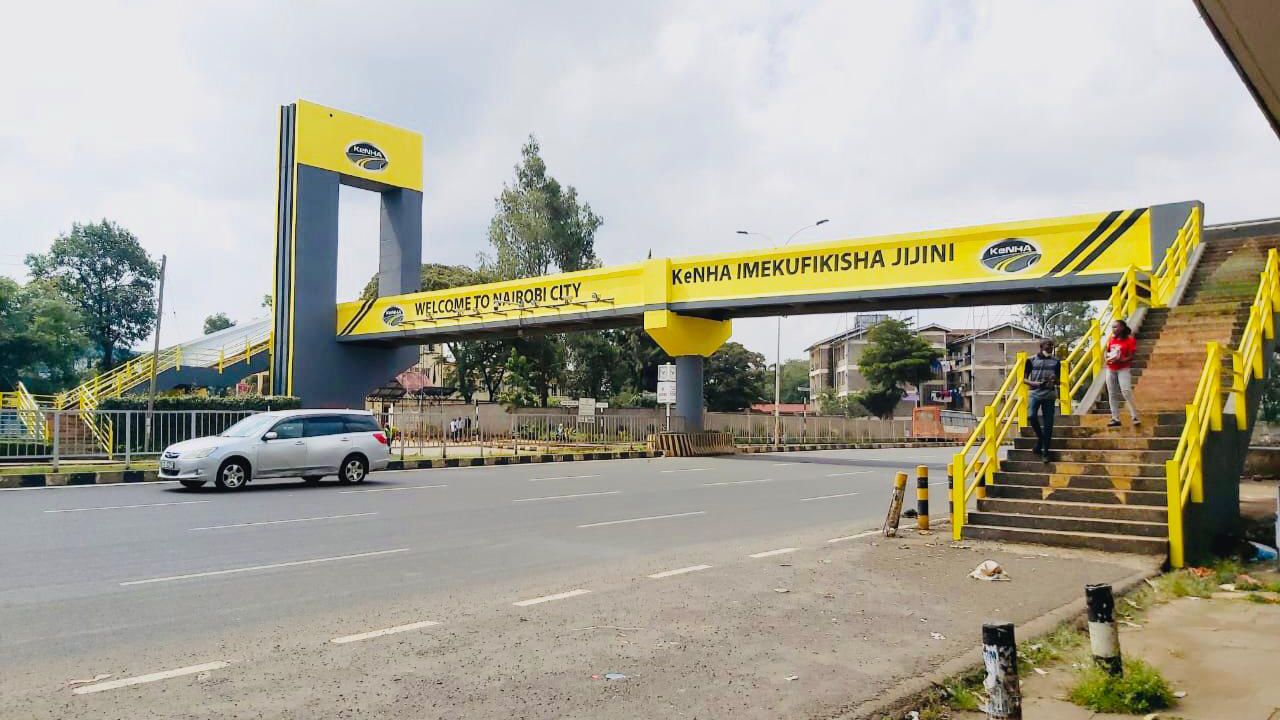The Ministry of Health has notified Kenyans of medical services found in Kenya and which can only be found overseas.
The Benefits Package and Tariffs Advisory Panel (BPTAP) singled at least 36 specialised treatment that Kenyans ought to seek abroad.
According to Health CS Aden Duale, the services are not available due to, among other reasons, lack of transplant materials, equipment and specialised personnel to offer them.
The unavailbale services incliude Wrist joint arthroplasty, Metacarpal joint arthroplasty, Ankle joint arthroplasty, Allogeneic bone marrow/peripheral blood stem cell transplant, Trans jugular Intrahepatic Portosystemic Shunt and Yttrium-90 (Y-90) radio- embolization.
Others are surgical management of birth-related brachial plexus injuries, Photopheresis (ECP Extracorporeal Photopheresis), Nerve Ablation Therapy, Neural Regenerative Therapy and Proton Therapy.
Read More
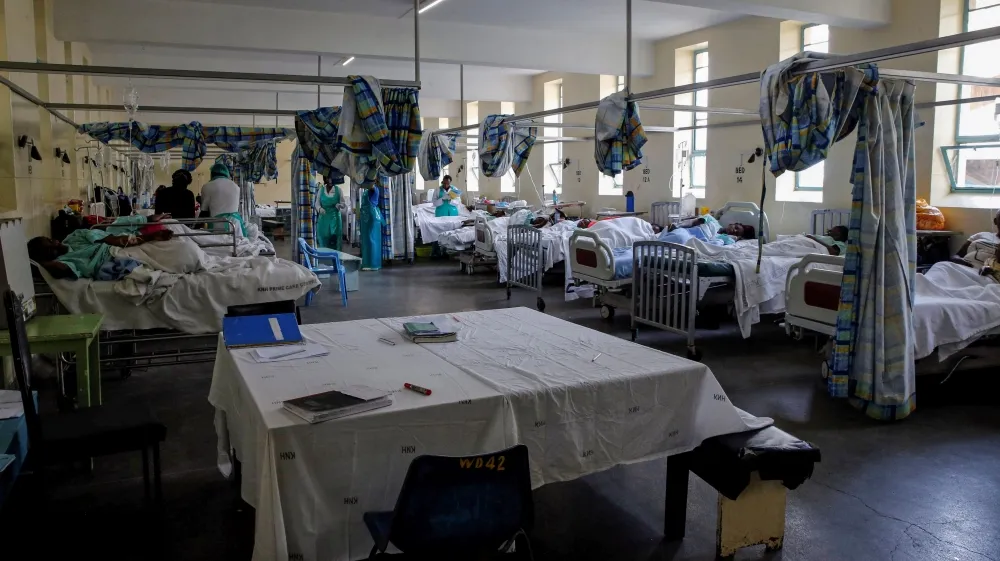
To address the question of such specialised treatment, Duale announced a mechanism developed through Social Health Authority (SHA) to facilitate patients to seek treatment abroad.
However, the referrals would be subjected to a review before the government expends money on them.
"Referrals for overseas treatment will be subject to a peer review mechanism by the Claims Management Office to ensure medical necessity. The treatment sought must also fall within the financial limits of the benefits package and must not be an unproven, experimental, or unconventional therapy," Duale said.
Kenyans' whose cases are approved would be entitled up to Ksh 500,000 of government's support.
A short fall would be covered by the patient.
"This new framework guarantees a transparent, evidence-based, and accountable system for Kenyans seeking treatment abroad, ensuring value for money and quality care," Duale added.
One is eligible for the government support for overseas treatment only if the healthcare service is not available locally and that their contributions to SHA are up-to-date.
The treatment must also be provided by an SHA-contracted health facility.
Overseas facilities must be accredited in their home country and officially recognized by the relevant regulatory body in Kenya.
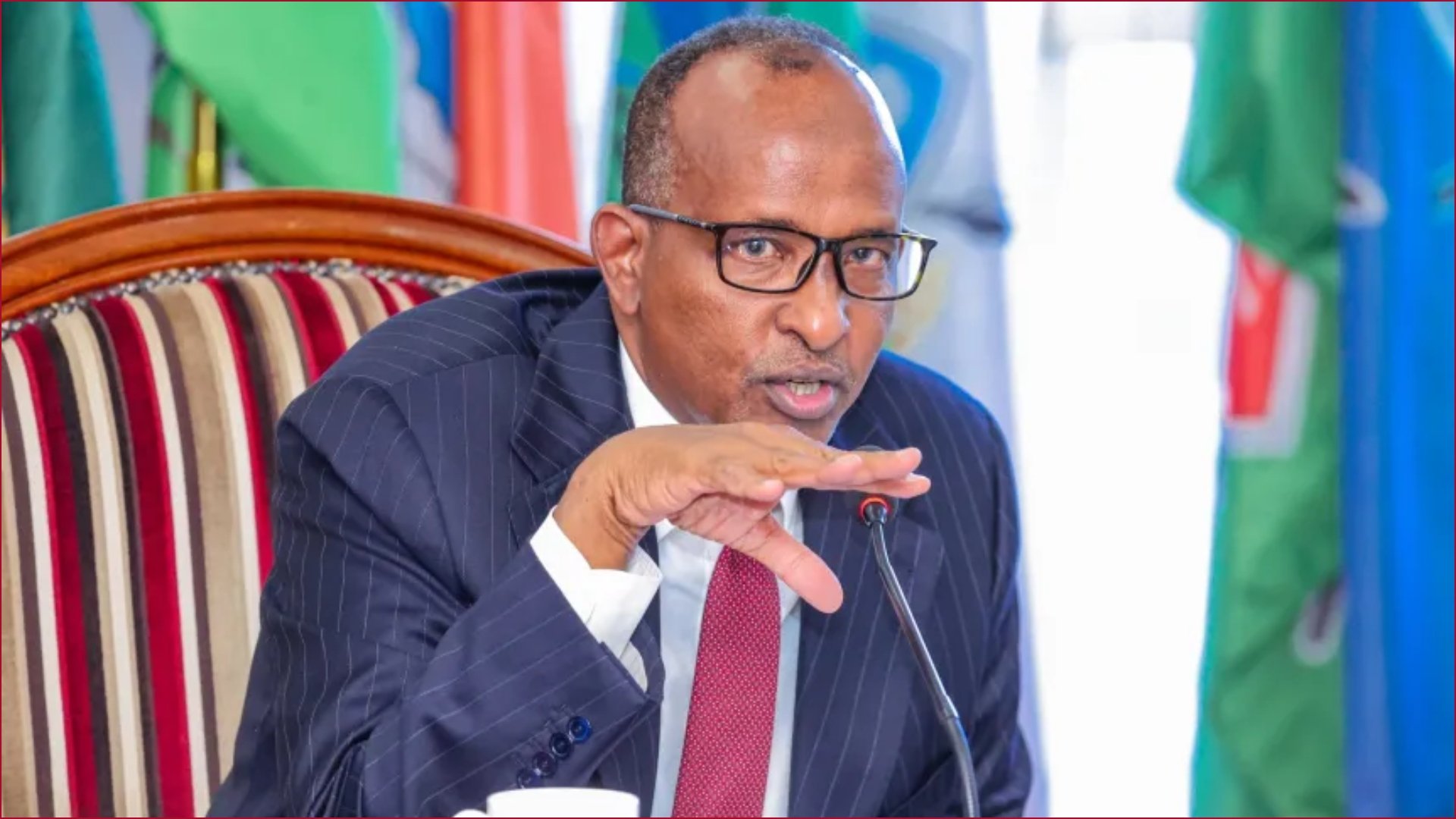
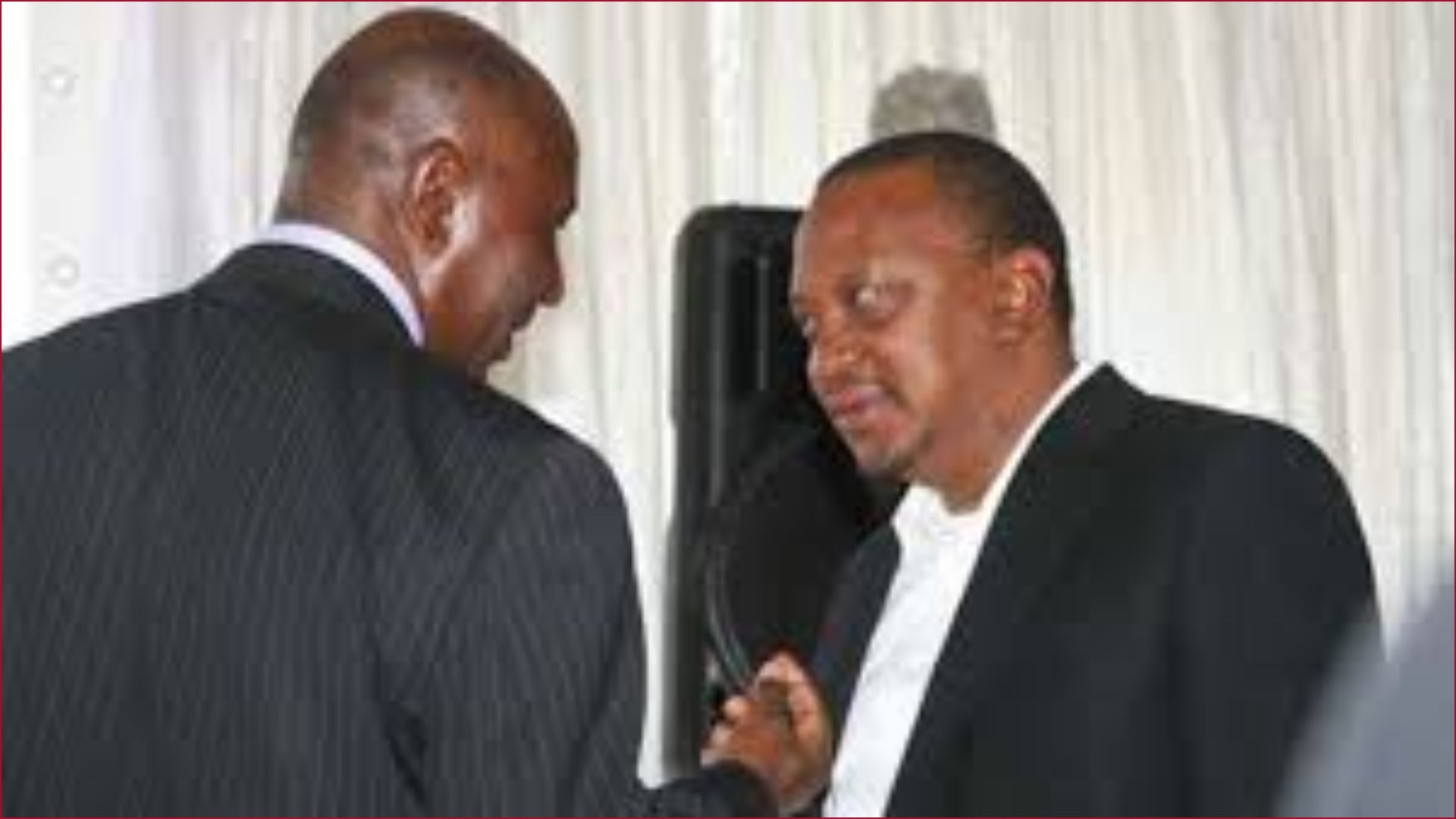
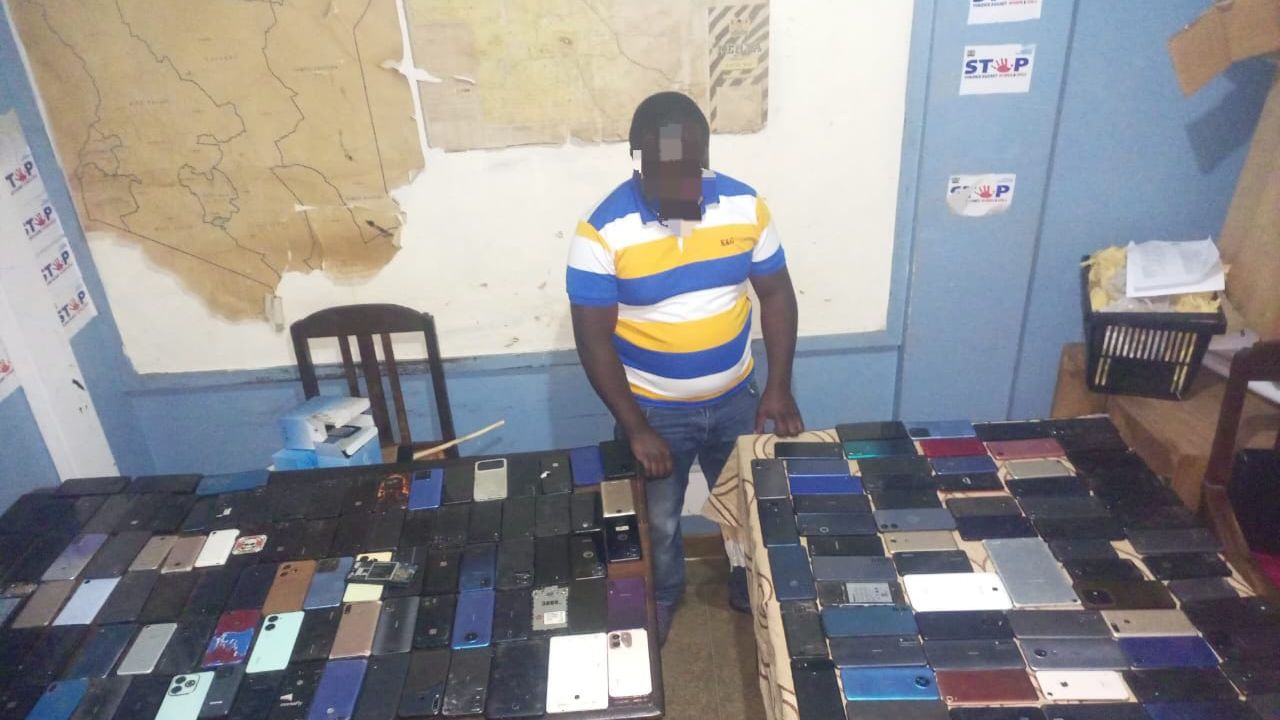
-1705127092.jpg)
